|
by mh musings A look into the life story of Mehmet, a child who could never resolve his past as his future hung in the balance. Spoiler Alert: If you wish to read a spoiler-free review of the movie, go here. This post delves deeper into the character of Mehmet, so beautifully brought to life by Cagatay Ulusoy 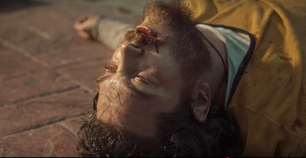 None of us came out with dry eyes after watching Paper Lives. Cagatay's soulful depiction of Mehmet is so beautifully done, capturing such a broad range of emotions, that it makes us want to go back again and again and, like him, search for the innocence of his childhood for him just so we can protect him for all that he endured in life. Mehmet is no ordinary man. He didn't choose to be a part of an abusive household, and he didn't choose to be parted from his beloved mother. He didn't choose to be thrown out in the midst of a crusted neighborhood where survival instincts can rob people of their humanity. We see this in the group of trash collectors who beat up Mehmet before his last stint in the hospital. We only know that his mother put him in the cart, but we are not shown his history of how he eventually comes under the care of Tahsin Baba. What traumas did he live until we meet him in the present day? By looking at visual and aural clues provided throughout the movie, we wanted to re-construct the life Mehmet lived and why his mental health became so fragile towards the end. Scars & Physical Health We are introduced to Mehmet's debilitating cough when Gonzi takes him to the hospital after his evening out in the rain. We see that he has a prominent scar on his nose, most likely from a brawl or a street fight to defend himself. As he is waiting in the waiting room, we see his placid complexion, which can be indicative of lung issues as well as a failing kidney. He's a smoker, and we later come to learn that kids older than himself hurt him and abused him by forcing him to sniff glue, at the very least. Who knows what more he endured while he tried to find a home for himself. He takes off his shirt for the doctor, and we see a jagged scar on his back. The crude nature of the scar can suggest that one of his kidneys got farmed against his wishes, which leads him to his weak health today as his body puts undue strain on his remaining kidney. We are also shown a brief glance of bloody urine, confirming the failing state of his kidney. When we first meet Ali, he is bruised and battered. Through Mehmet's later flashbacks, we realize that he was beaten repeatedly and brutally by his stepfather, and his mother decides it is better to leave him in a garbage can than to run away with him and protect him. He gets into another altercation with the street thugs in the Cihangir area, where his home used to be. Who knows how long his mind has been playing games on him and how many times he got beaten up in this manner elsewhere. Tahsin Baba may have provided them with work, but he is not shown to be around to provide physical protection at all times. Despite the heroic figure he cuts for the youngsters in his neighborhood, Mehmet is deeply scarred, mentally and physically, and lives with the conflict of needing to dream so he can survive, and retreating into his imaginary world so he can cope. 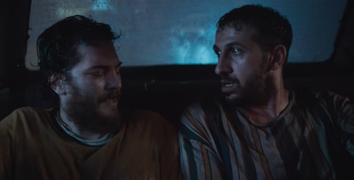 Family Bonds His closest bond is with Gonzi, and it is obvious that they have grown up together. Gonzi loves him deeply and absorbs all of Mehmet's ventures in his alternate universe. To Gonzi, Mehmet is the stability of his known family and the way he holds up Mehmet time and again is the testament to how much he loves Mehmet; how much Mehmet means to his existence. Purged by their real families, they try to find meaning in bonds they are able to create and we see that in the bonds Mehmet formed. Bond of brotherhood with Gonzi, a father he can respect in Tahsin Baba, and big brother to all the young kids he tries to corral into choosing better than what he absorbed in his own life. He creates a tensous sense of family, but could never fill the hole in his heart left by his abandonment by his mother. And as such, every female figure in his universe looks like her. The Past Defines The Future From the time Mehmet sees his 'mother' at the hospital and how every female role in his life embodies her, speaks to the depth of loss he feels without her. He wants to believe that all mothers love their children and that she abandons him for his own good, because she had no other way. That she needs to be saved and it was because of money that she couldn't go with him. As such, saving up so that he can save her becomes a vision that gives him hope. He cannot possibly acknowledge the question Tahsin Baba asks him, "What if his mother threw him out willingly? Why isn't she looking for him all over Istanbul?" When we see his recollections from the past and see that his mother just put him in the cart and let him go, we finally comprehend what Mehmet Ali fears in his heart all along. Much as he yearns to believe that his mother loved him deeply and must want to see him as much he wants to see her, the reality may be quite different. Their house was put up for sale soon after she left him and the sole photo he has of his mother with him is dug out from the trash can outside once his mother no longer lives there. As though she purged all her memories of Mehmet and disappeared. His mother chose to live her life with his stepfather over taking the responsibility for Mehmet. The reality of this is too tragic for Mehmet to accept and he builds a world in his mind where his mother loves him beyond reason and suffers because she does not have him. This is the only reality that helps the fragility of his mind, and both Gonzi and Tahsin Baba protect this reality for him by indulging his manic whims. Unlike the child who is legitimately on the streets because his mother passed away, Mehmet is on the streets because his mother threw him away. Gonzi says, "Isn't it good that at least he has a home where he is beaten?" For the street children, an abusive household is preferable to no home at all; maybe it is preferable to be under the same roof as their parents than to feeling that they were an unwanted burden on their parents. There are no good answers to this dilemma and the sad reality of this social system - where domestic abuse still exists, where women feel powerless from not having any financial independence, where children will take the brunt of adult problems - is that it leads to the kinds of tragic outcomes Cagatay so intricately portrays as the broken Mehmet Ali. Tragedy Of A Life Not Lived The fragility of Mehmet's mind stems from choices his mother makes on his behalf, launching him into a traumatic life where his innocence was robbed from him. He keeps going back to the only home he knew, in a nicer part of town in Cihangir. Maybe he felt guilt that he couldn't protect his mother but he also felt despair that his mother couldn't protect him. Showing up to the house with a wad of cash is with a sense of achievement that he has overcome so much and perhaps now can buy back time with his mother, and save his childhood. His need to resolve this childhood trauma is so great, that he is willing to endanger his life and forego his surgery if it means that he is able buy time with his mother. In his soulful song, Muslum Gurses sings, "To loves that remain unfinished To my borrowed smile To dying before getting to live life I have an objection" In addition to all the pains Mehmet absorbs, perhaps these words describe him the most. A life on the streets cost him his health but his soul died a long time ago. His bucket list contains frivolous dreams except the one about finding his mother. His abandonment leaves such a big hole that it remains an unfinished love story. He laughs and bickers with his brothers, but these are borrowed moments masking the hollow caverns within; a daily effort at a normalcy that seems forced. And the fact that he dies even before he could fully learn what living meant, is indeed very objectionable. And these are the stories that should open questions in society about our family systems that get fractured by toxic patriarchy, or irresponsible maternal instincts. Questions about the responsibilities the greater society has in providing security to children like Mehmet who did not choose this life of squalor nor was he born into it. How do we care for them? Towards the end, Gonzi says, "We tried to build our lives with what other people threw away." Not only did they try to find their treasures in the trash of other people's lives, some of them were what other people threw away. Cagatay as Mehmet Cagatay provides a superlative performance as Mehmet. Once we realize that little Ali was a figment of his imagination, rewatching his scenes with Ali makes his portrayal even more poignant. In their togetherness, he has unfiltered joy on his face, a bravado and sense of purpose that we expect to see in a well-adjusted adult. This is the reality he wants. He is a protector not at the mercy of anyone, he is powerful at removing the threat of an abusive stepfather, he is worthy of reuniting a child with his mother. We also see his panicked despair each time he thinks Ali has disappeared. He believes Ali has fallen prey to the unthinkable dangers he himself overcame when he was on the streets, he wants to protect Ali and hold him with the gentle regard a traumatized child like Ali deserves. When Ali awakens from his glue sniffing episode, he is a hardened resolved child, transformed from the innocence of the little Ali who just wanted to save his mother. Mehmet's psyche begins to break again with this episode, as Ali's transformation mirrors all the ways Mehmet was forced to change without ever being able to give up the vision of his mother. Even in his last moments as he stumbles back towards Mucadele Cikmazi, the street of his adopted home, and submits to the rains knowing it will be his death knell, he fingers his lone photo with his mother, a touch of the only real love he feels he had in life. Cagatay's every gesture and emotion is measured and metered perfectly for what the role demands throughout Mehmet's expansive journey. A beautiful performance for a character well-written, and we hope Cagatay receives the kind of international recognition he deserves for his turn as Mehmet Ali. Article (c) CUNA & mh musings
All photos either belong to their respective owners or are property of Netflix. No copyright infringement is intended. Please ask for permission before reprints.
2 Comments
forouz
3/14/2021 08:33:14 am
Very well written.
Reply
Mh Musings
3/15/2021 02:40:45 pm
Dear Forouz, Thank you for your lovely comment. The multitude of tragedies we have to watch and absorb in this world is insurmountable. I hope soulful stories like these shake the masses out of a sense of apathy and want to take action so we can build a better world. This movie could easily have been contrived but the beauty of it is that it isn't. Every frame tells a story of its own.
Reply
Leave a Reply. |
Archives
February 2022
Categories
All
|
CAGATAY ULUSOY NORTH AMERICA
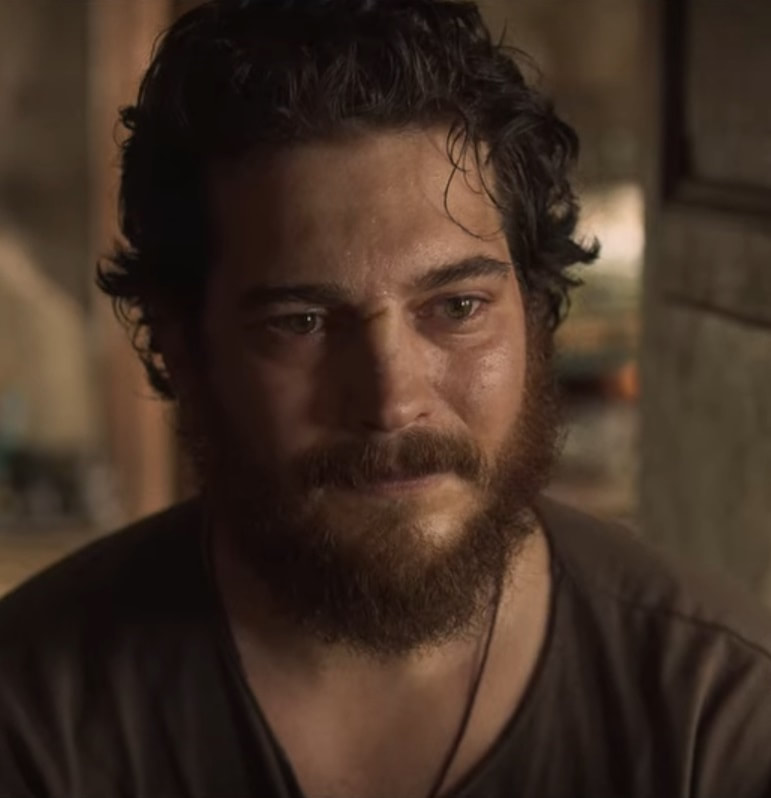
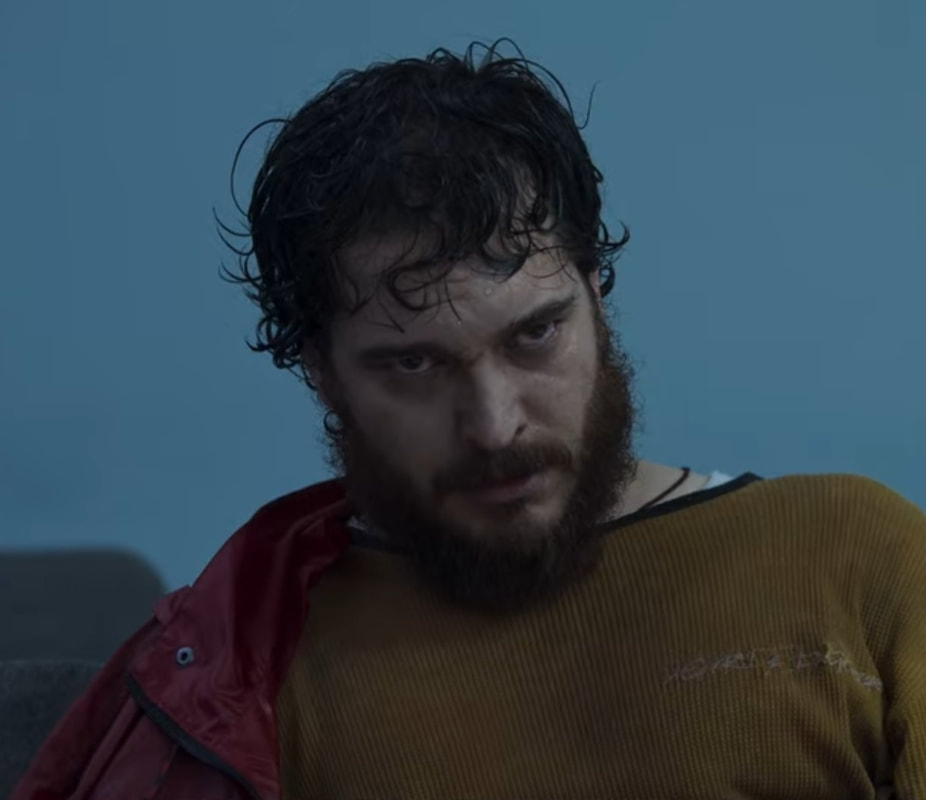
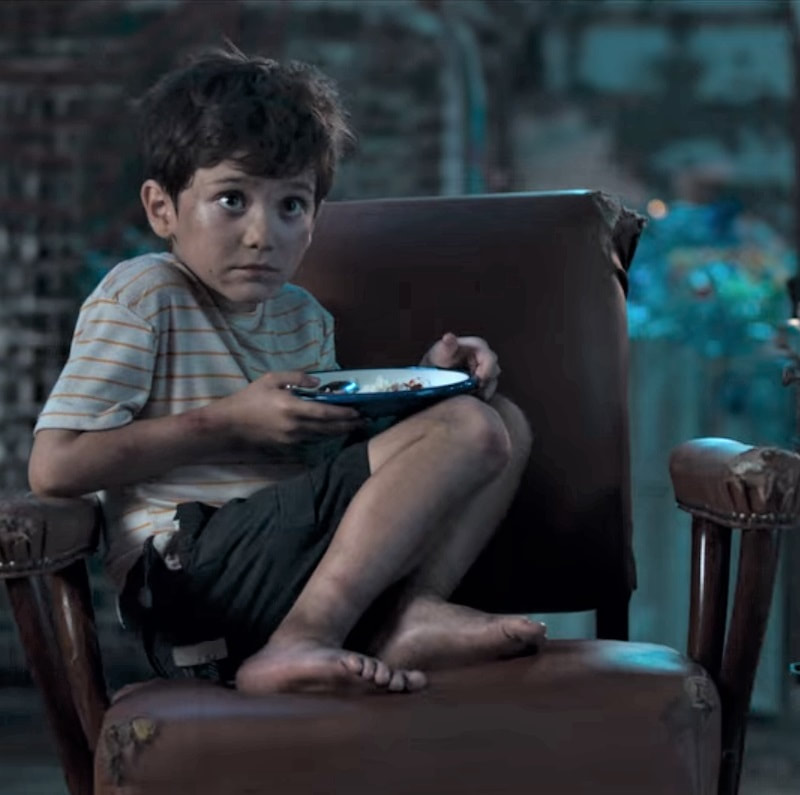
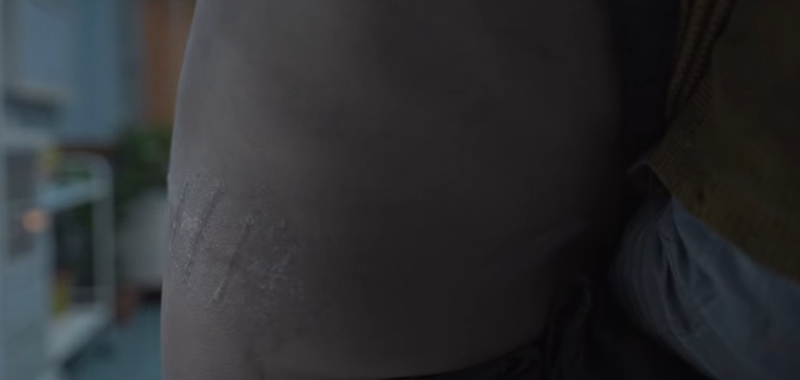
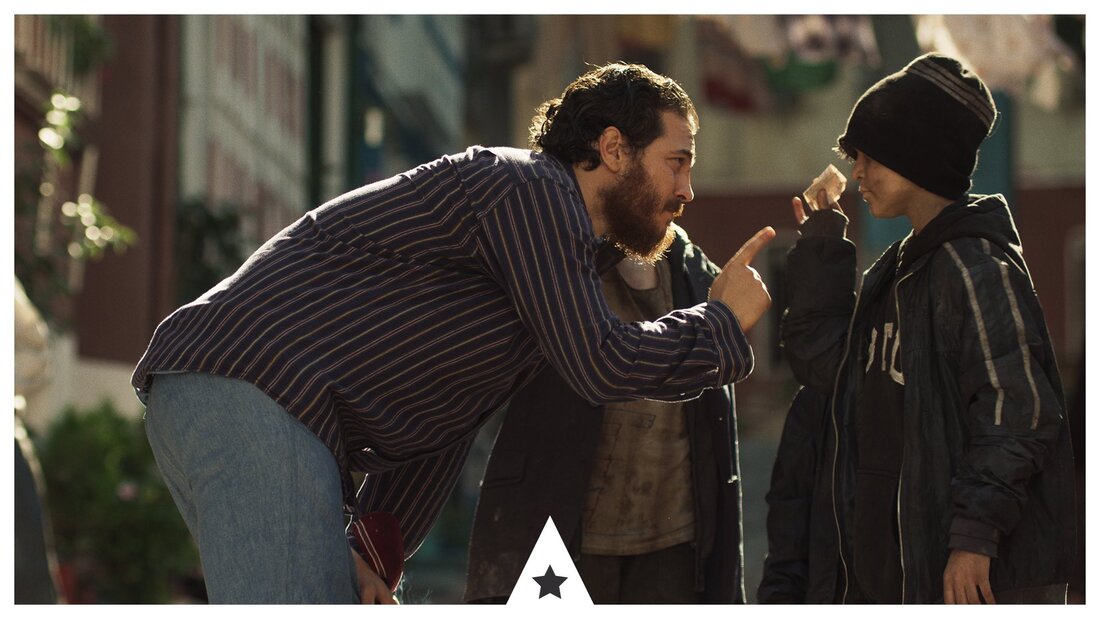
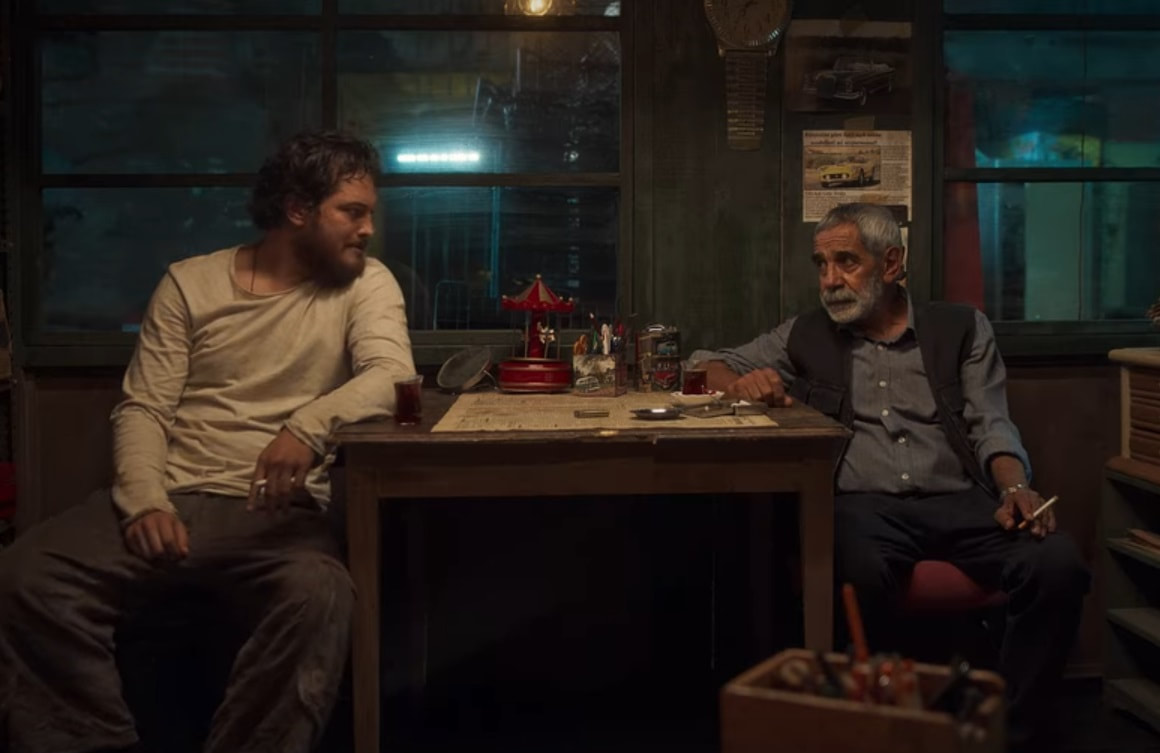
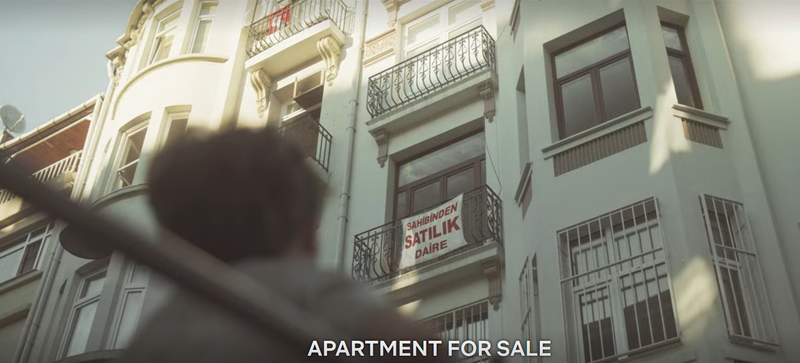
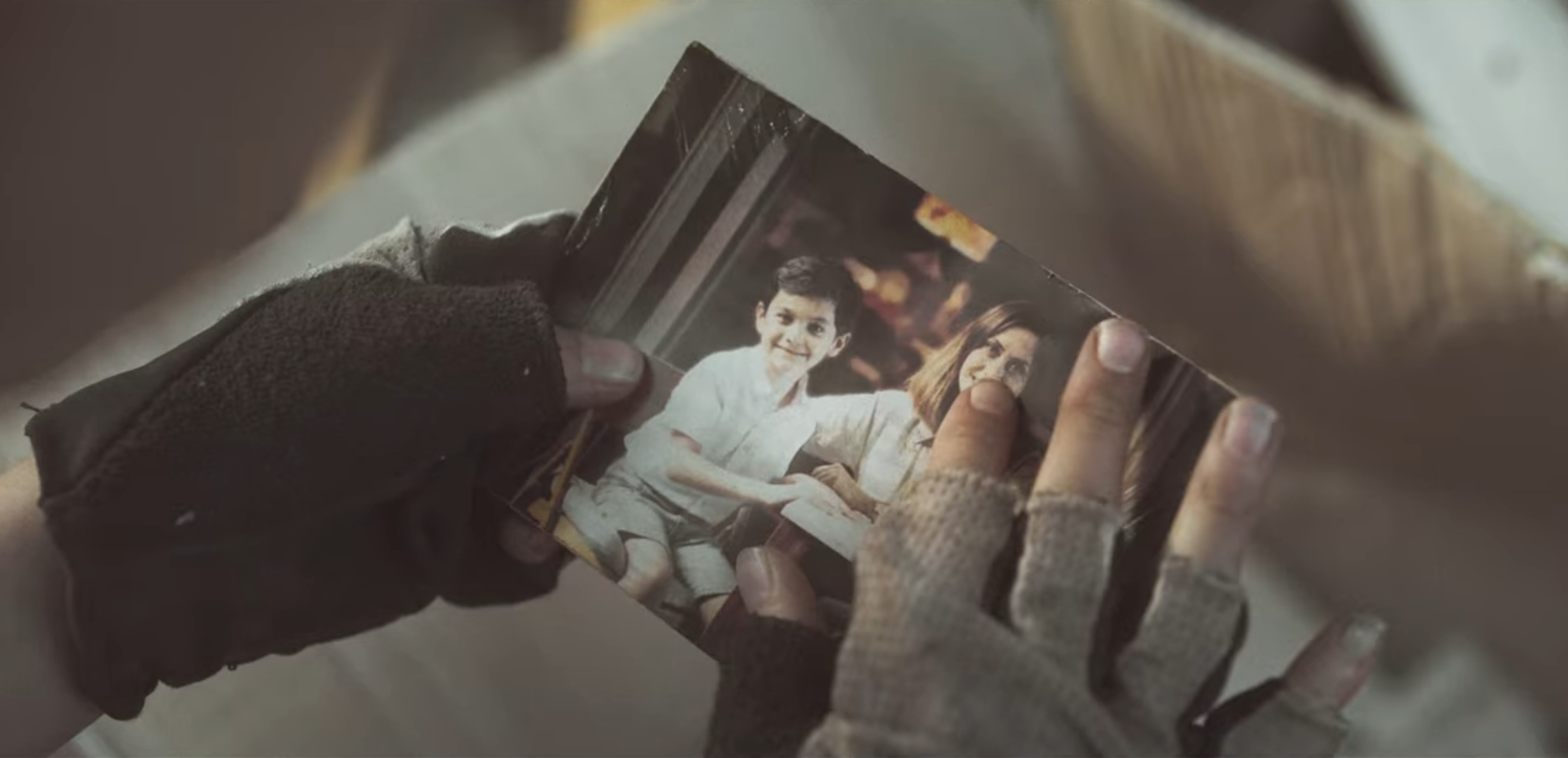
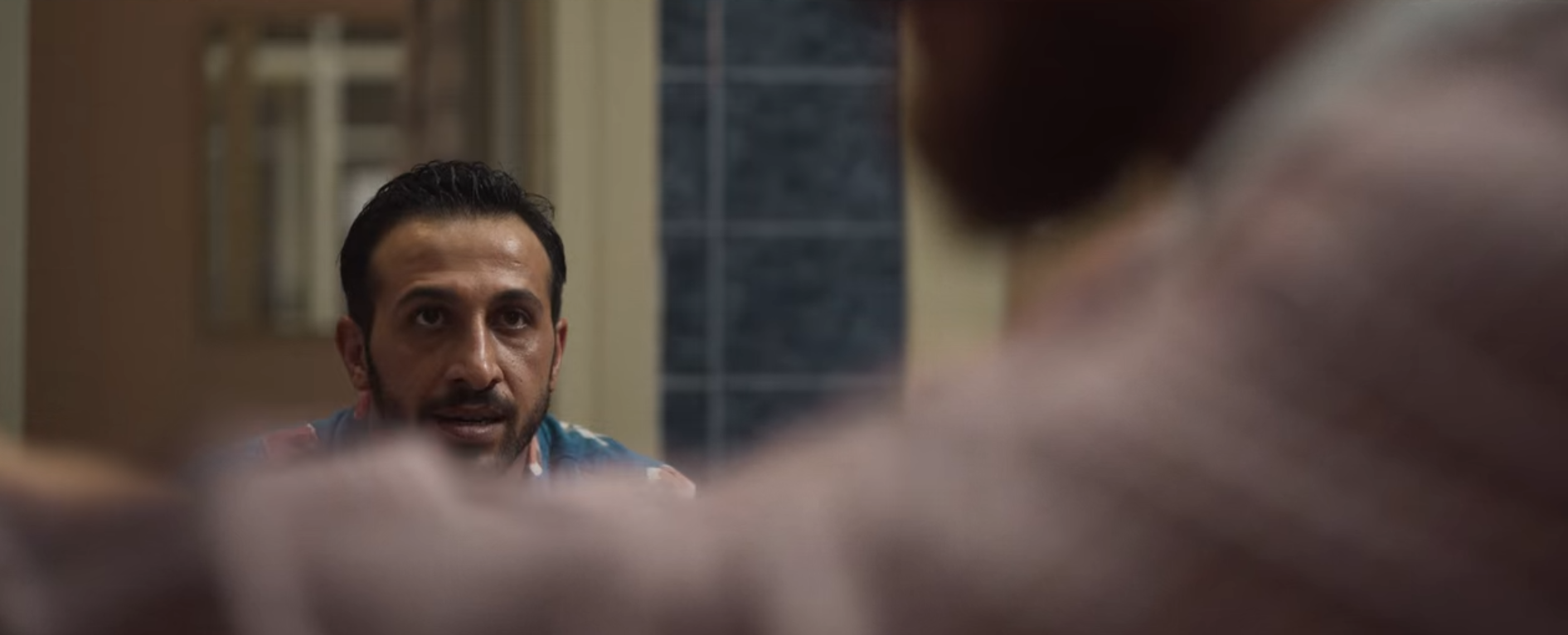
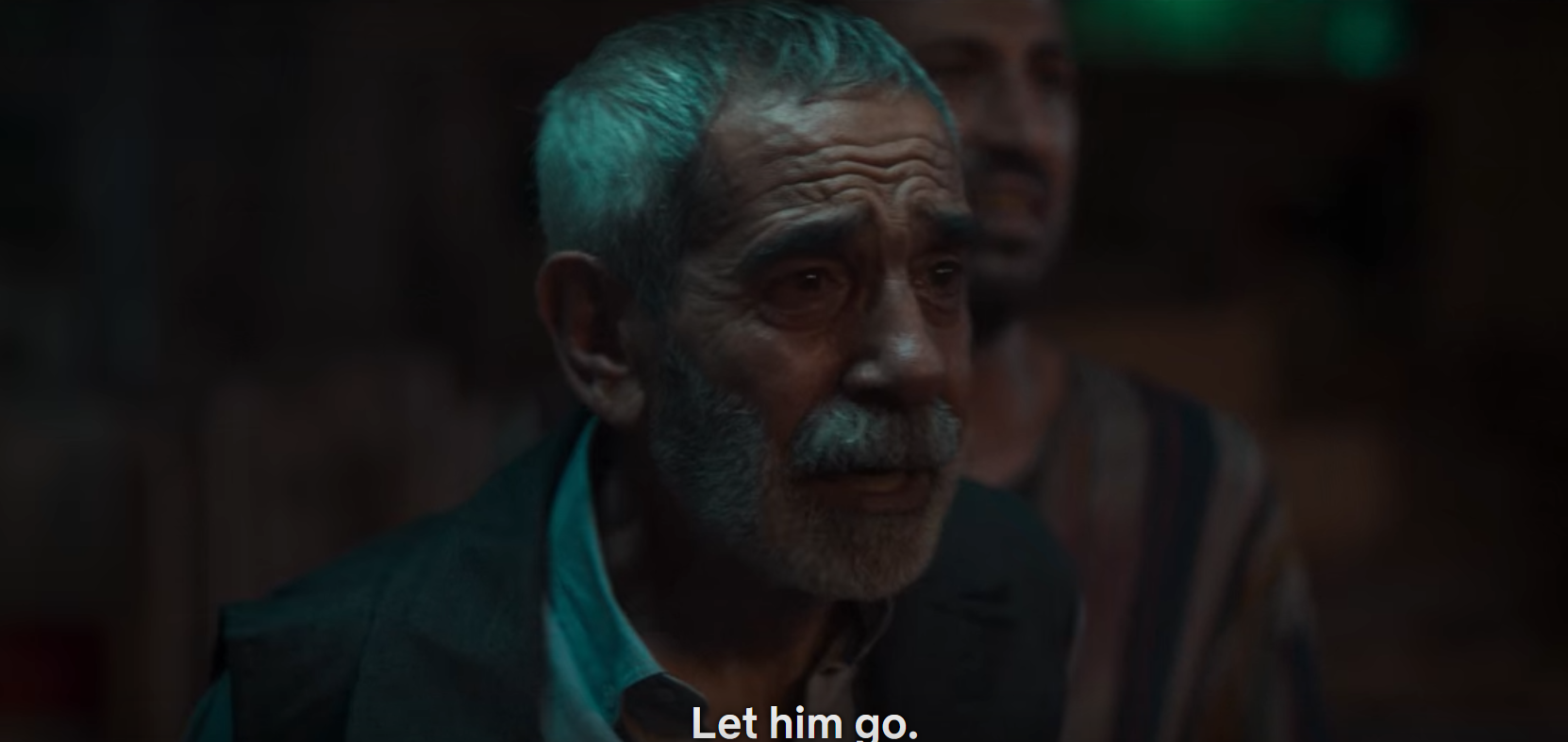
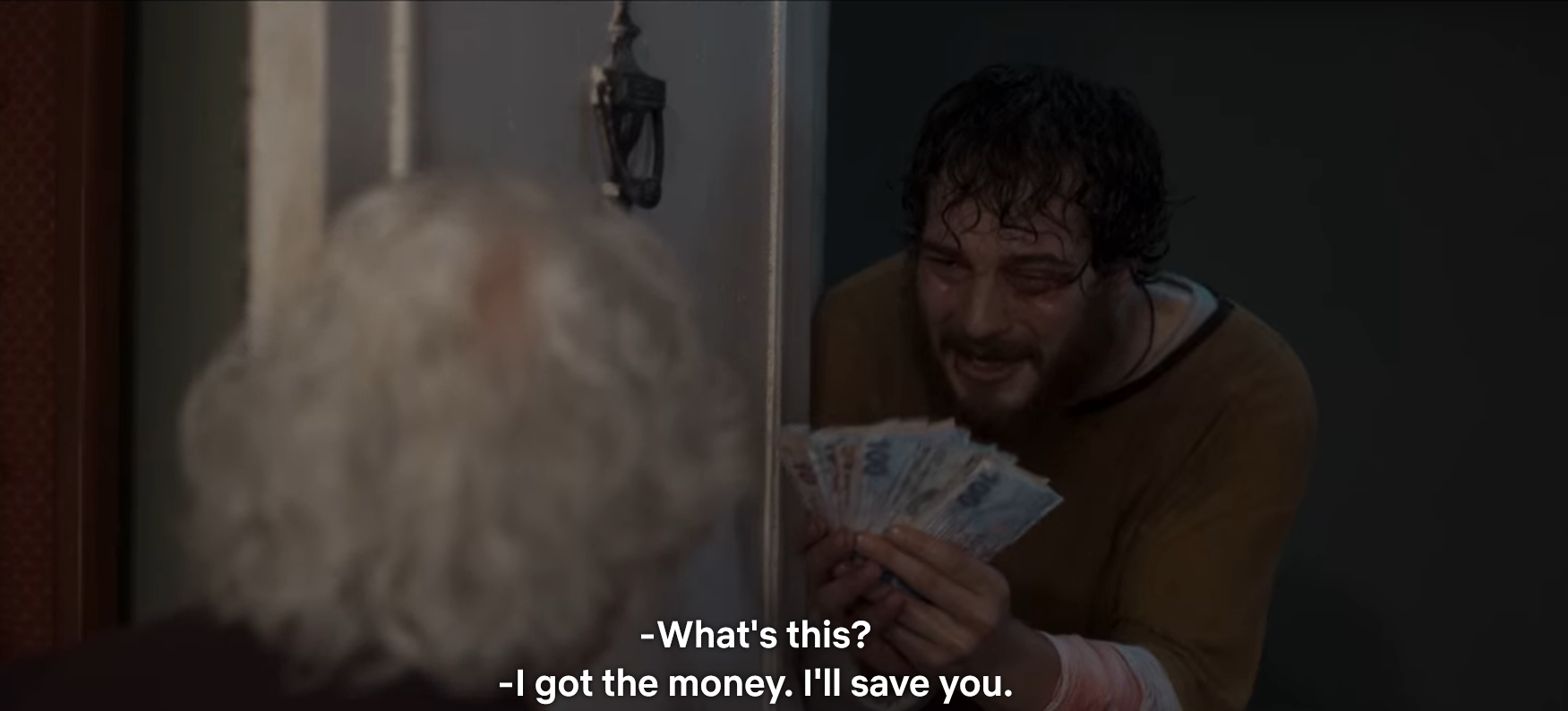
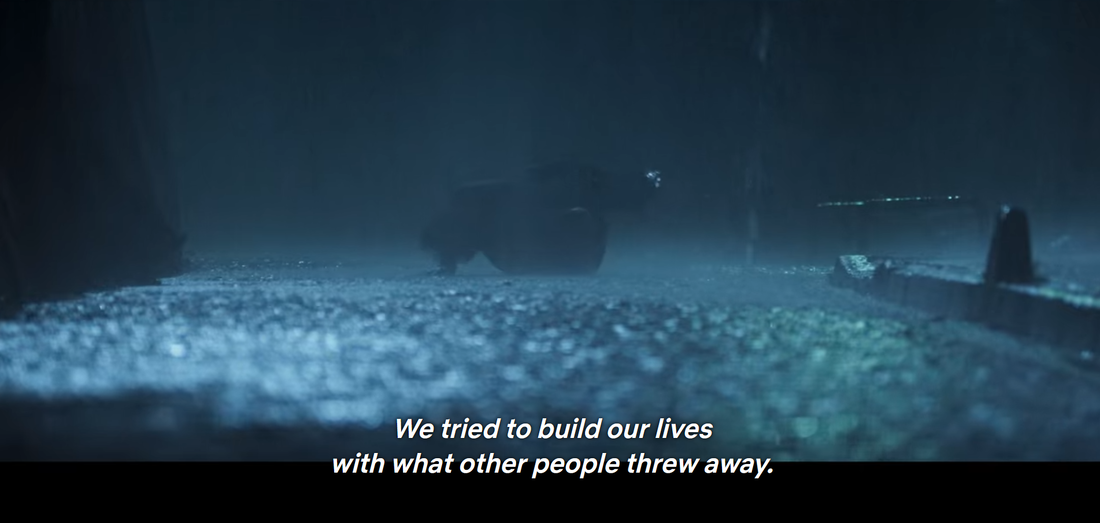
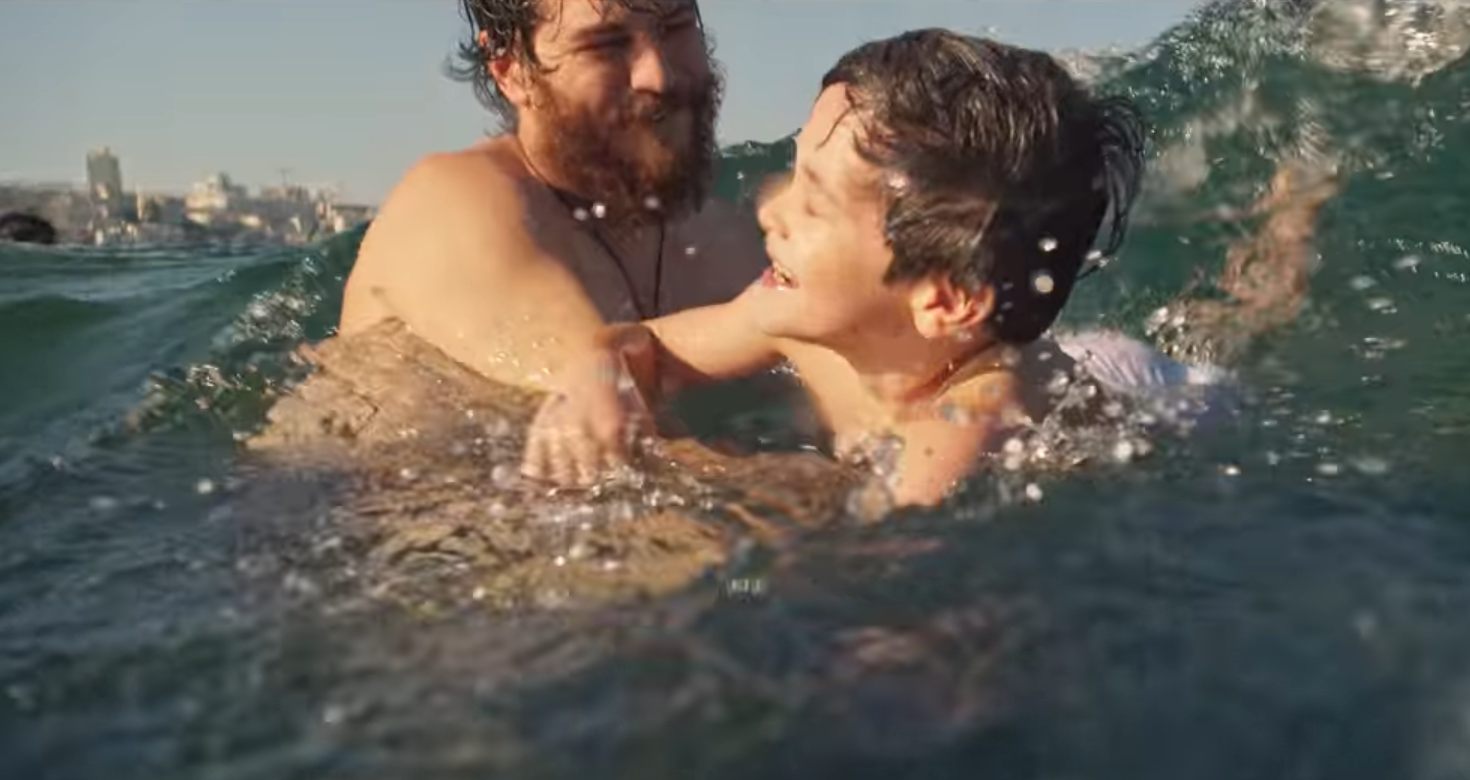
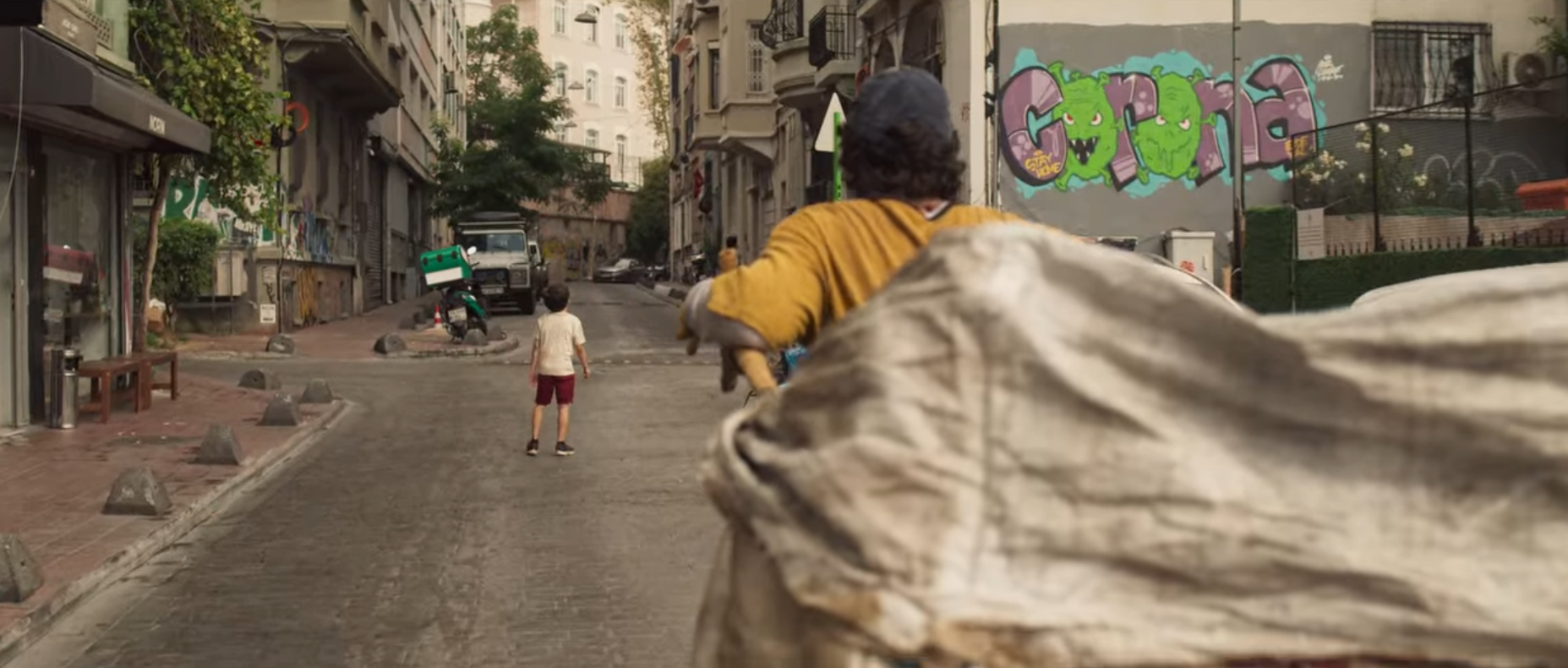
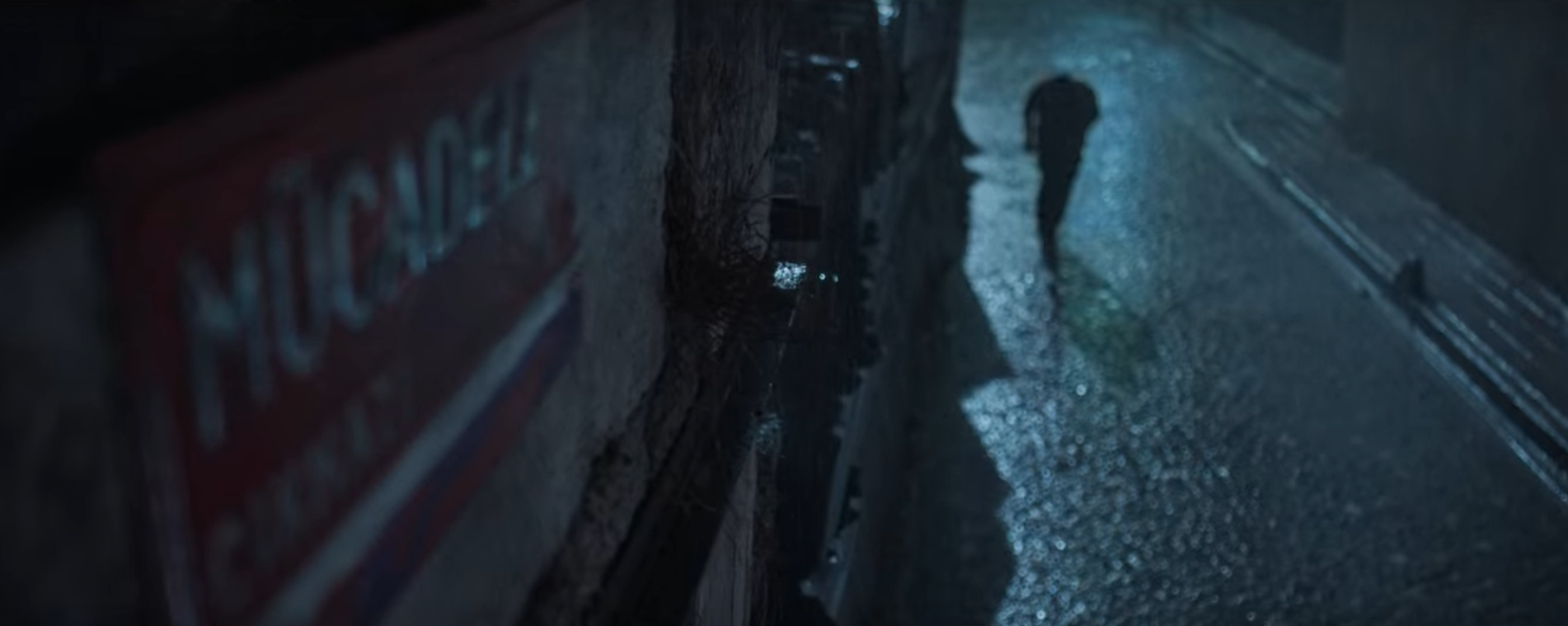
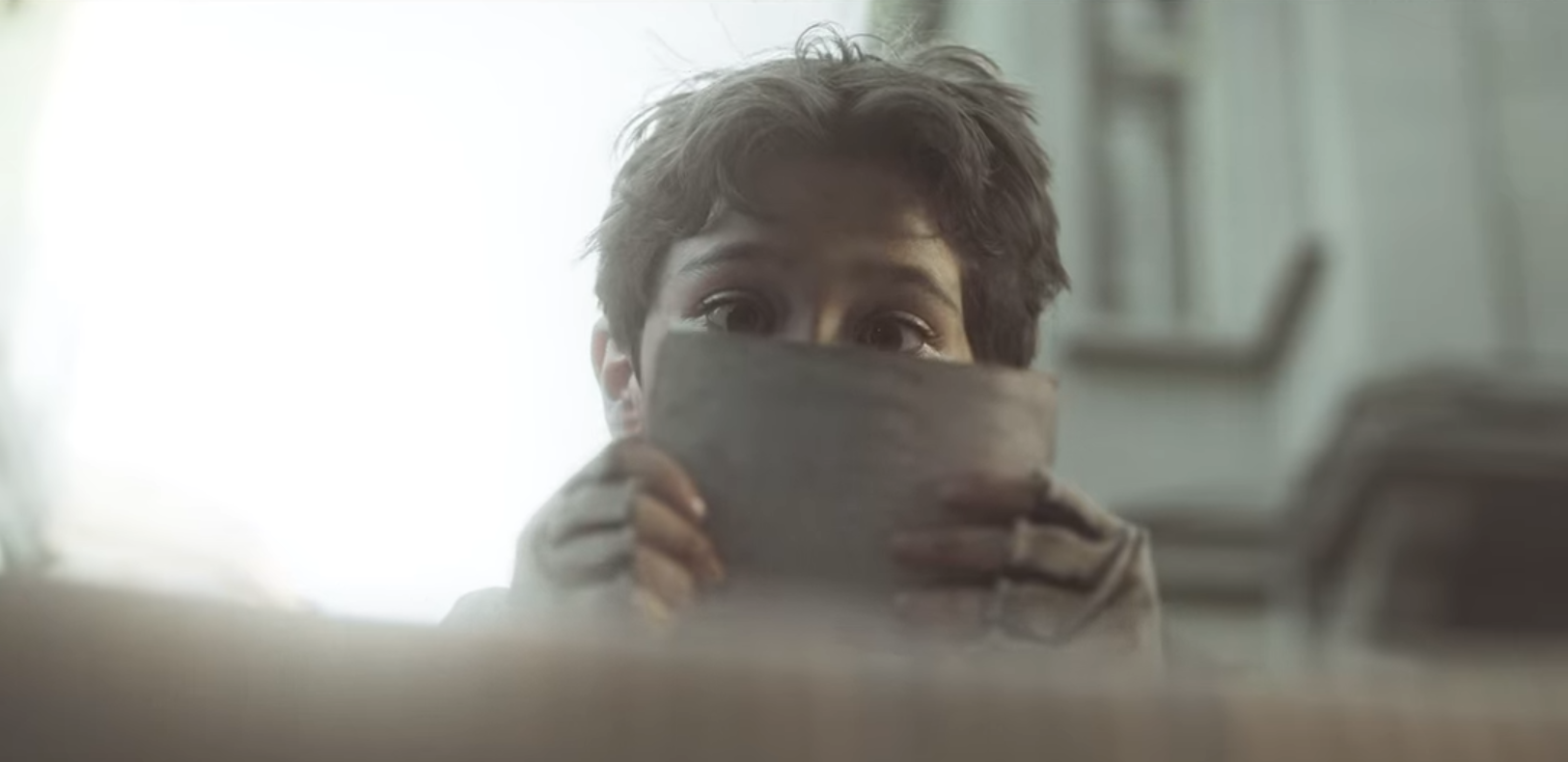
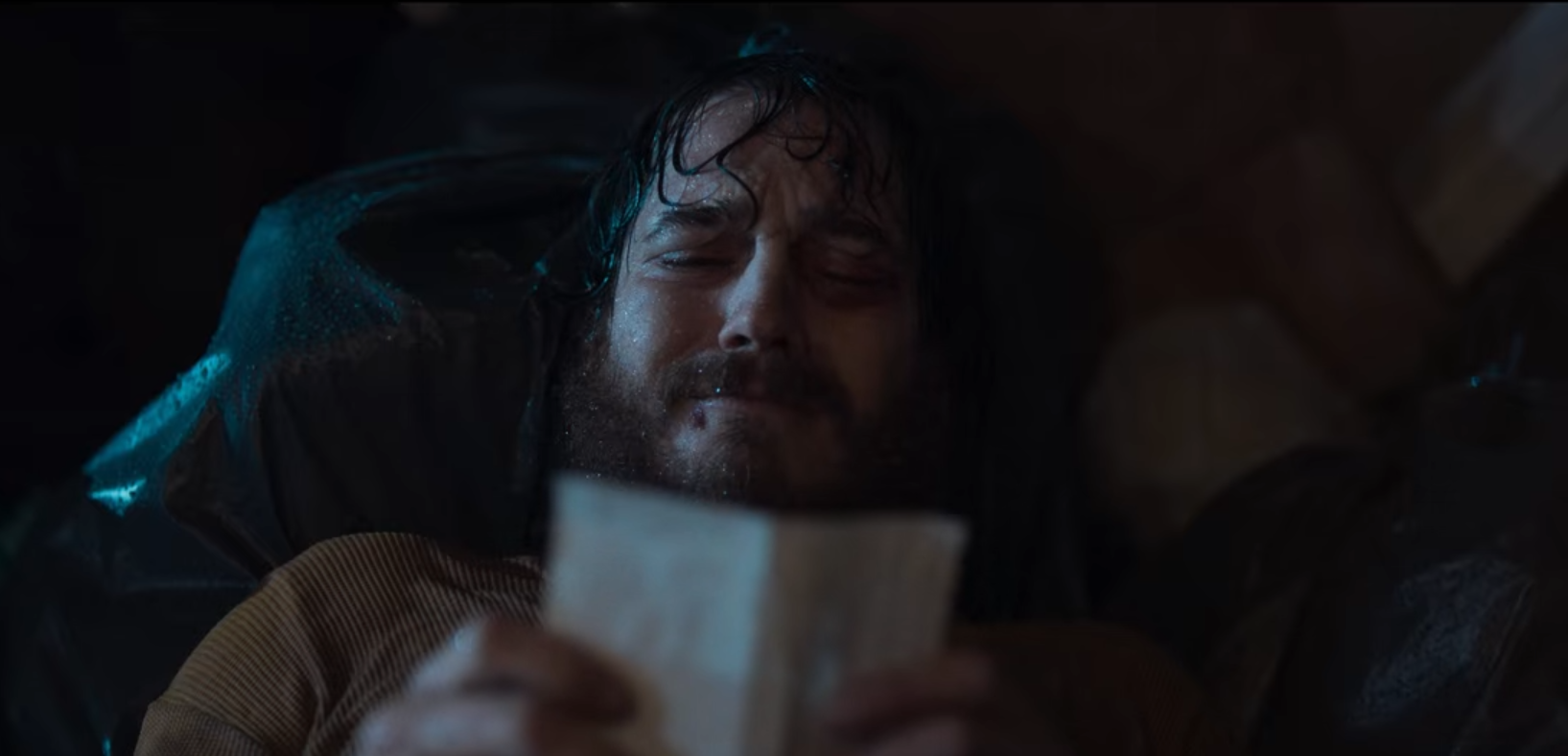
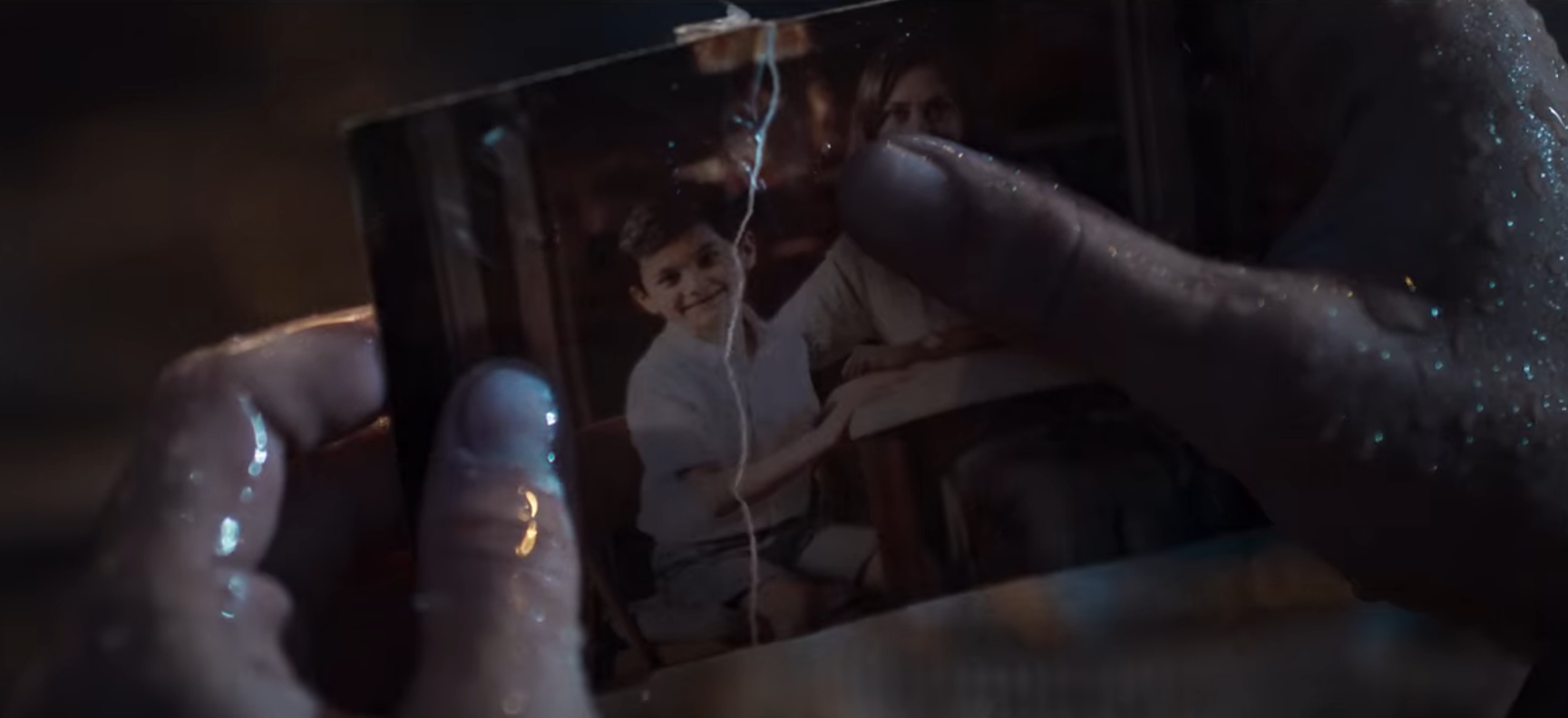
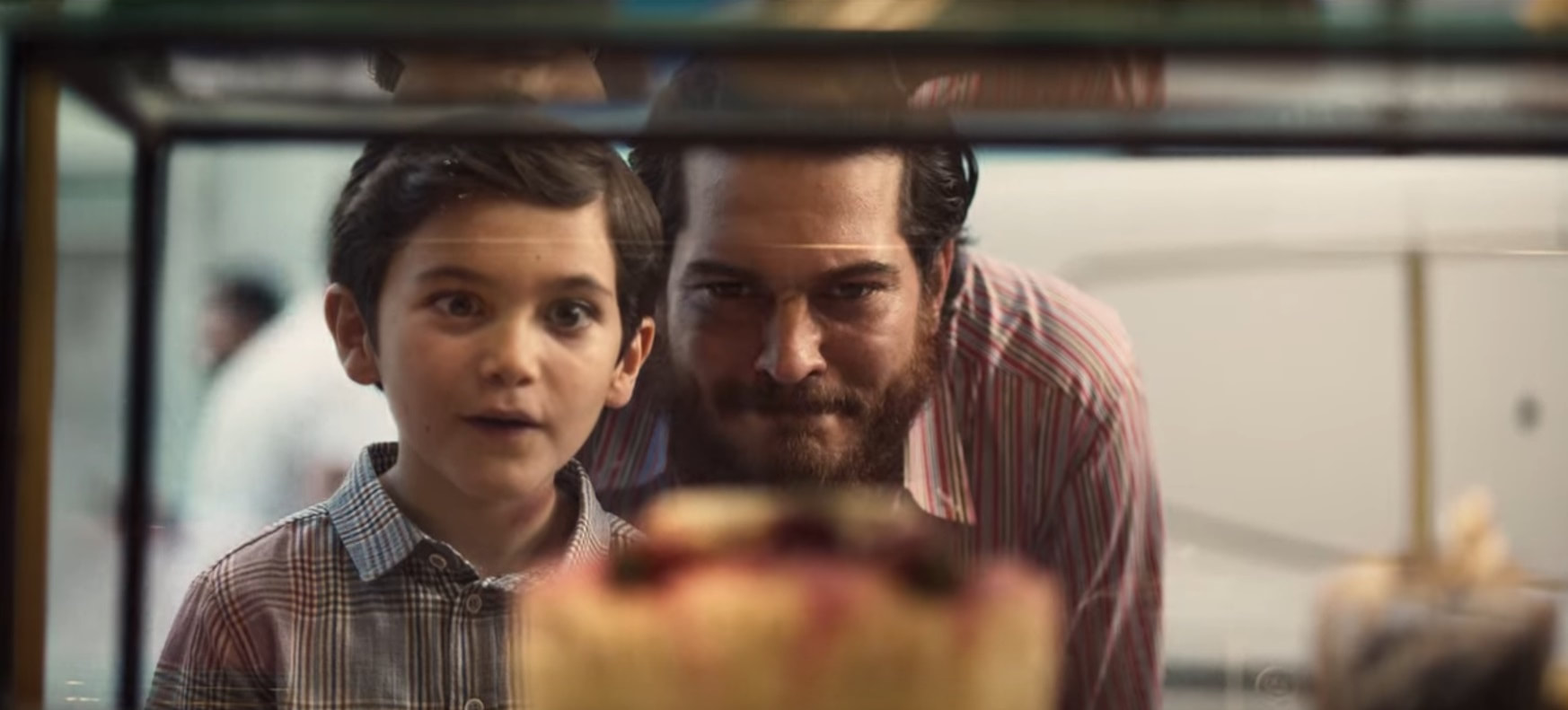
 RSS Feed
RSS Feed
